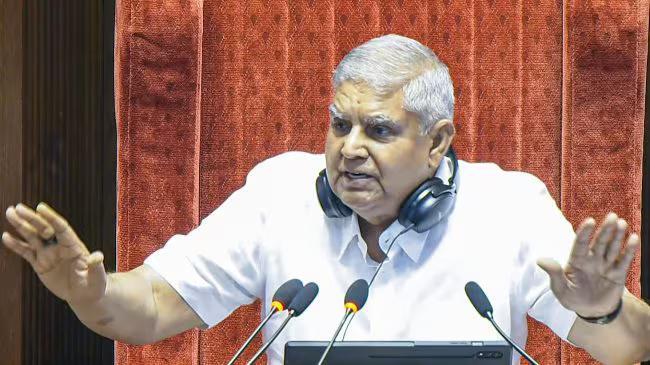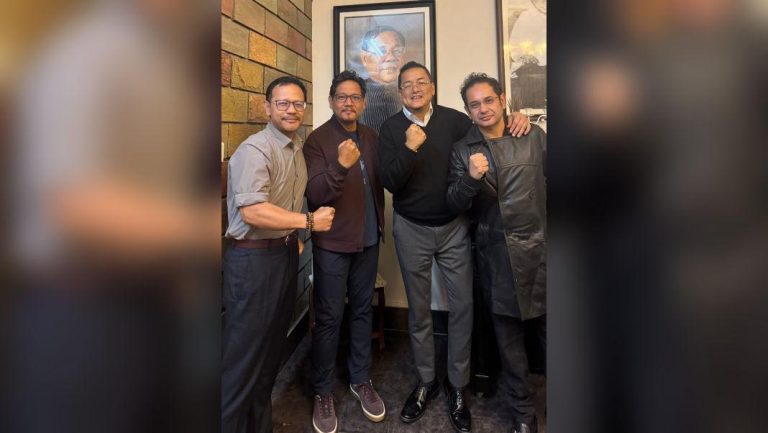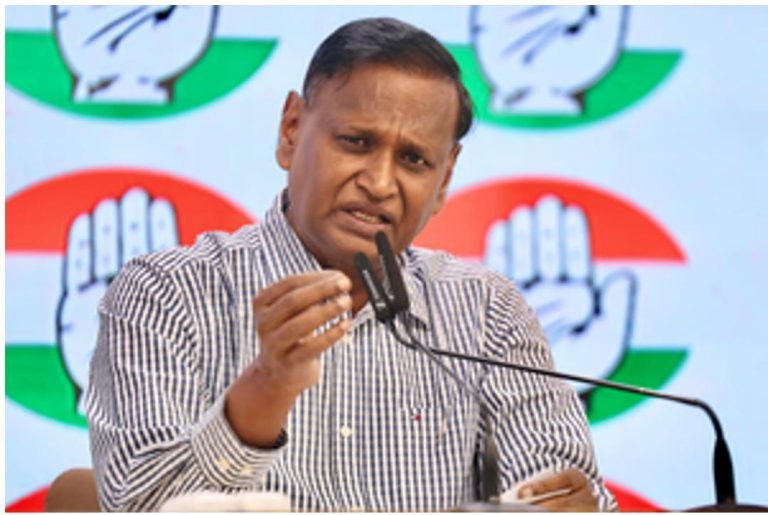
Dhankhar Didn’t Inform About Accepting Opposition Motion, Upset Govt: Report
In a shocking revelation, it has come to light that Jagdeep Dhankhar, the former Vice President of India, did not inform the Centre about accepting the Opposition’s motion against Justice Yashwant Varma, whose home was raided and cash was recovered from. This move, according to a report by NDTV, had significant implications on the Centre’s stance against corruption in the judiciary.
Dhankhar resigned as Vice President of India on July 25, 2022, after serving a five-year term. However, according to sources, his resignation was not a sudden decision. It was reportedly a culmination of a series of events that led to his frustration and eventual departure from the office.
The Opposition motion against Justice Varma was moved in the Rajya Sabha in March 2022, following allegations of corruption and impropriety against the judge. The motion, which was signed by 103 MPs, including those from the Opposition parties, was a significant blow to the judiciary’s reputation.
However, Dhankhar’s decision to accept the motion without consulting the Centre has been seen as a major upset to the government. According to NDTV, had the Centre been informed about Dhankhar’s decision, it would have given its MPs the opportunity to sign the motion as well.
Sources close to the matter revealed that Dhankhar’s move was seen as a betrayal of sorts by the Centre. The government had been working hard to project a united front against corruption in the judiciary, and Dhankhar’s decision to accept the Opposition’s motion without consulting the Centre was seen as a dilution of that stand.
The report by NDTV further reveals that Dhankhar’s relationship with the Centre had been strained for some time. He had been at odds with the government over several issues, including the appointment of judges to the Supreme Court and the High Courts.
Dhankhar’s resignation as Vice President has sent shockwaves across the political spectrum. Many have seen his departure as a significant loss to the country, given his experience and knowledge of constitutional affairs.
The Opposition, on the other hand, has welcomed Dhankhar’s resignation, seeing it as a vindication of their stance against the government’s alleged attempts to undermine the judiciary.
The incident has also sparked a debate about the role of the Vice President in Indian politics. While the Constitution grants the Vice President significant powers, including the right to preside over parliamentary proceedings, Dhankhar’s decision to accept the Opposition’s motion without consulting the Centre has raised questions about the limits of his authority.
In conclusion, the resignation of Jagdeep Dhankhar as Vice President of India has been attributed to his decision not to inform the Centre about accepting the Opposition’s motion against Justice Yashwant Varma. The move, which was seen as a significant upset to the government, has raised questions about the limits of the Vice President’s authority and the need for greater consultation and coordination between the Centre and the Vice President.






